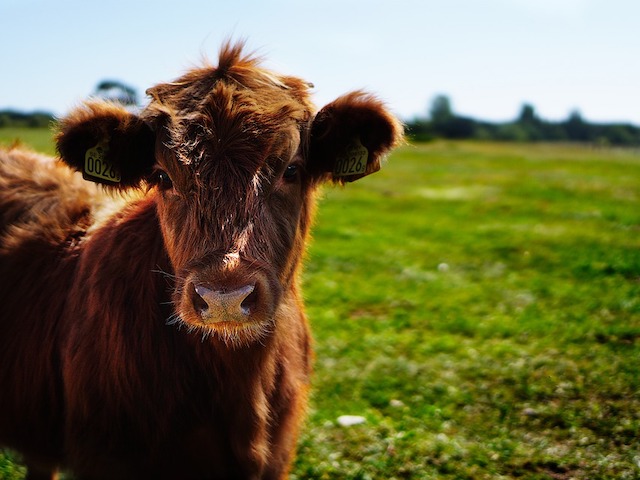Many people are now turning to a cruelty-free lifestyle. They feel that animal testing is no longer essential, and that it is time to start punishing companies who have failed to find alternative ways of testing their products.
If you are looking to embrace a cruelty-free lifestyle, know that you are not alone. There are plenty who have successfully embraced a kinder way of living. It doesn’t have to be an intimidating process – it’s all about taking one step at a time. Read our tips below for more information.
1. It’s about doing what you can
Animal cruelty is so embedded into the production processes of the products we consume that it can be hard to escape it. You may even find, at times, that some of the products you thought were ethical do in fact involve some degree of harm to animals along the way.
Whilst this can be very disappointing, you have to remember that you can only do what you can. When you do find something out about a company or product, do your own research and then make the right decision for you about whether you continue to use the product or not.
2. Look for the Leaping Bunny
Whilst some decisions can be difficult, some are made easier thanks to organizations such as the Leaping Bunny from Cruelty-Free International. They do the hard work for you when it comes to researching the ethics of a company. A product, manufacturer or retailer will only ever be granted this certification if they can prove they are not involved in animal testing or cruelty in any way.

3. Try to support retailers that are making an effort
We’ve discussed the issues of cruelty being inherent in many of the products that we purchase, which often means we have to face up to the fact that we can only do so much. It’s important that we do keep fighting, however, and that we do what we can to demonstrate to retailers and manufacturers that stamping out cruelty is important to us.
Try to support businesses who have taken steps to introduce more ethical practices. Debenhams, for instance, have taken a strong stance against animal testing and pledged to ensure that their products are completely free of animal fur or feathers. Support efforts like these to send a message to those who control the market.
4. Don’t be militant
When you’re transitioning into a cruelty-free lifestyle, it can be tempting to want to tell everyone around you. When you’ve found a better way to do things, it’s understandable that you want to spread the word and convert as many others as possible. This is admirable but you do really need to consider your approach. Many people are turned off by being lectured about their use of products that are tainted with cruelty.
It’s best to wait for them to ask you about your new lifestyle before you charge in with your view. Once they ask, they are demonstrating that they are open enough to actually want to listen.
These are the times when you can more successfully convince someone.

